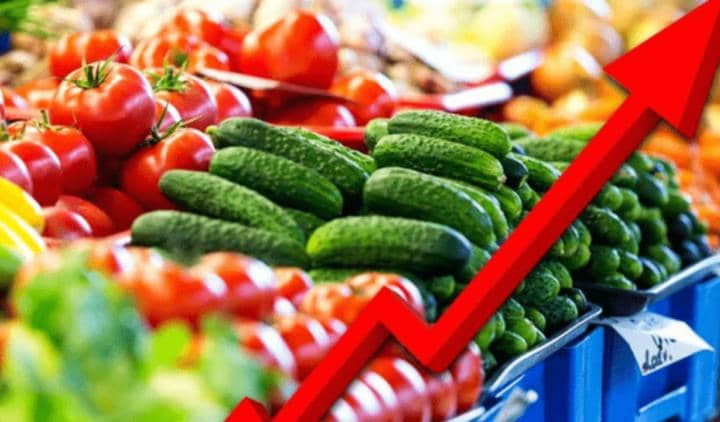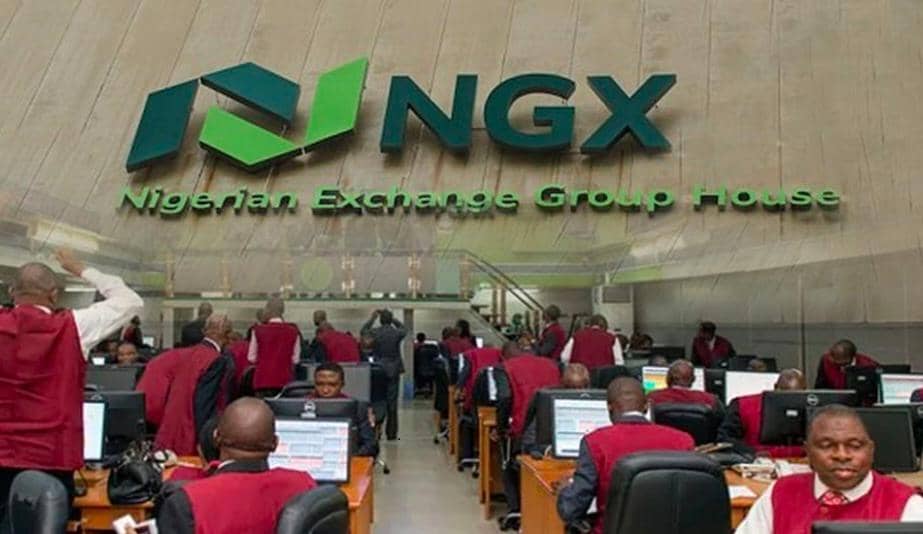Nigeria’s headline inflation rate slowed slightly to 21.88% in July 2025, marking a modest retreat from the previous month’s figure of 22.22%.
This is according to the latest data released by the National Bureau of Statistics (NBS).
The data shows that, on a year-on-year basis, the headline inflation rate was 11.52% lower than the rate recorded in July 2024 which was at 33.40%.
“This shows that the Headline inflation rate (year-on-year basis) decreased in July 2025 com-pared to the same month in the preceding year (i.e., July 2024), though with a different base year, November 2009 = 100,” NBS stated.
On a month-on-month basis, the headline inflation rate in July 2025 was 1.99%, which was 0.31% higher than the rate recorded in June 2025 which was at 1.68%.
According to the NBS, this means that in July 2025, the rate of increase in the average price level was higher than the rate of increase in the average price level in June 2025.
The percentage change in the average CPI for the twelve months ending July 2025 over the average for the previous twelve-month period was 25.65%, showing a 5.11% decrease compared to 30.76% recorded in July 2024.
Urban vs Rural inflation trends
The latest NBS report shows that Nigeria’s urban inflation rate stood at 22.01% in July 2025, which was 13.76% points lower compared to the 35.77% recorded in July 2024.
On a month-on-month basis, the urban inflation rate was 1.86% in July 2025, down by 0.25% compared to June 2025 which was at 2.11 %.
The corresponding twelve-month average for the urban inflation rate was 27.04% in July 2025. This was 5.85% points lower compared to the 32.89% reported in July 2024.
On the other hand, the rural inflation rate in July 2025 was 21.08% on a year-on-year basis.
This was 10.17% points lower compared to the 31.26% recorded in July 2024.
On a month-on-month basis, the rural inflation rate in July 2025 was 2.30%, up by 1.67% compared to June 2025 which was 0.63%.
The corresponding twelve-month average for the rural inflation rate in July 2025 was 23.84%. This was 5.02% points lower compared to the 28.86% recorded in July 2024.
Food inflation
The food inflation rate in July 2025 was 22.74% on a year-on-year basis.
This was 16.79% points lower compared to the rate recorded in July 2024 which was at 39.53%.
The significant decline in the annual food inflation figure is technically due to the change in the base year.
On a month-on-month basis, the food inflation rate in July 2025 was 3.12%, down by 0.14% compared to June 2025 which was at 3.25%.
The decrease can be attributed to the rate of decrease in the average prices of Vegetable Oil, Bean (White), Rice Local, Maize Flour, Guinea Corn (Sorghum), Wheat Flour, Millet Whole grain, etc.
The average annual rate of food inflation for the twelve months ending July 2025 over the previous twelve-month average was 26.97%, which was 9.39% points lower compared to the average annual rate of change recorded in July 2024 which was at 36.36%.
Core Inflation
Core inflation, which excludes the prices of vola-tile agricultural produces and energy stood at 21.33% in July 2025 on a year-on-year basis; a decline of 6.13% when compared to the 27.47% recorded in July 2024.
On a month-on-month basis, the core inflation rate was 0.97% in July 2025, down by 1.49% compared to June 2025 which was at 2.46%.
The average twelve-month annual inflation rate was 23.63% for the twelve months ending July 2025, which was 1.01% points lower than the 24.65% recorded in July 2024.
Analysts told Nairametrics that improved domestic food supply, relative exchange rate stability, and moderating energy costs could have helped sustain the downward trajectory, although persistent structural cost drivers will keep price pressures elevated.
Vice Chairman, Highcap Securities, Professor David Adonri points to the ongoing harvest of staple crops such as maize, yam, and cassava, which should boost market supply and reduce price pressure in the short term.
WARNING: If You Are Not 18+, Don’t Click The Link Below 👇🫣
https://abnormalitylovingmammal.com/kx6iepv2qm?key=6c14bd1d68e1eba721851f19778f5efe
https://poawooptugroo.com/4/8902554
Please don’t forget to “Allow the notification” so you will be the first to get our gist when we publish it.
Drop your comment in the section below, and don’t forget to share the post.
Never Miss A Single News Or Gist, Kindly Join Us On WhatsApp Channel:
https://whatsapp.com/channel/0029Vad8g81Eawdsio6INn3B
Telegram Channel:
https://t.me/gistsmateNG












Thanks